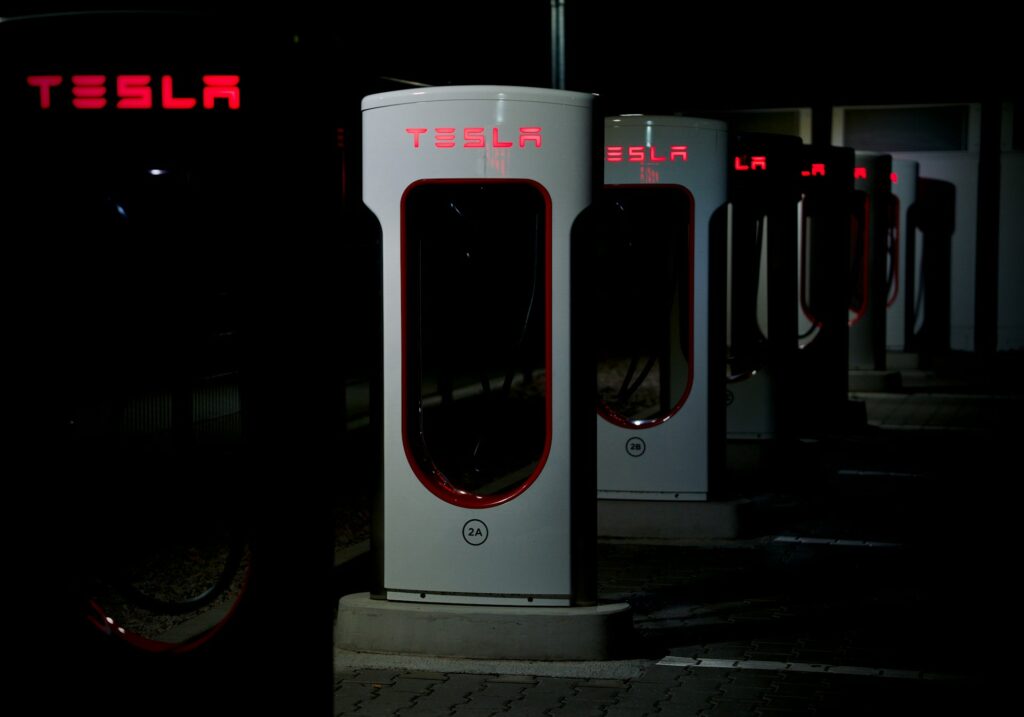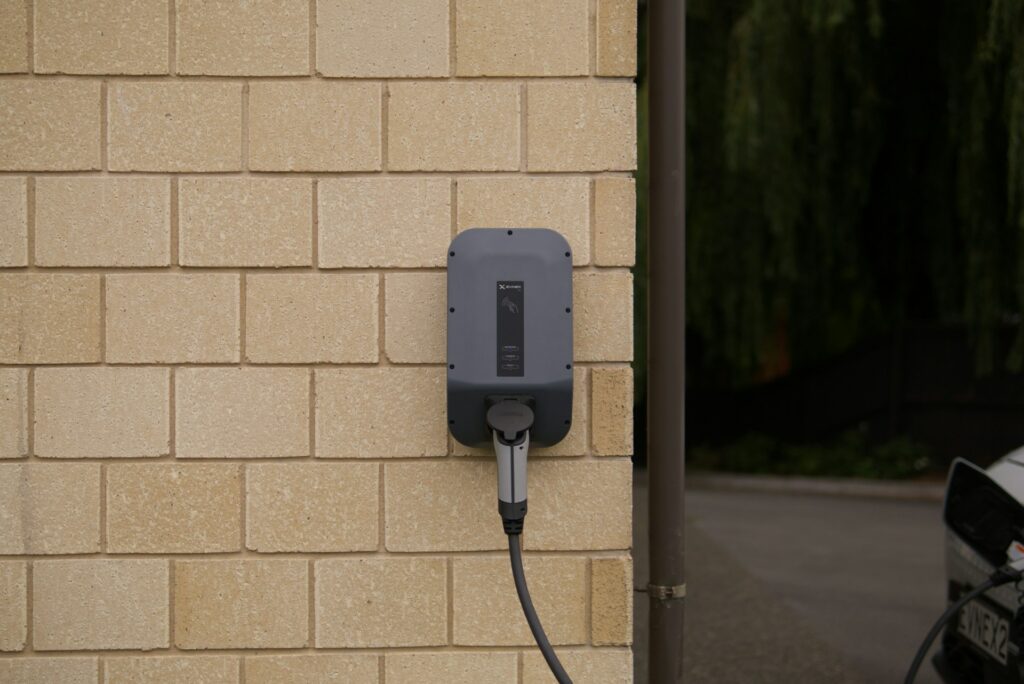How does the weather impact home charging? Electric vehicle (EV) adoption is on the rise, and with it comes the need for efficient and reliable charging infrastructure. While the focus is often on the environmental benefits of EVs, the impact of home charging on energy consumption is a topic that deserves closer examination. In this blog post, we will explore how electric vehicle chargers affect home energy consumption, considering various factors such as weather, climate, and charging habits.
Weather Impact on Home Energy Consumption
Weather conditions play a significant role in home energy consumption when it comes to charging electric vehicles. In extreme temperatures, such as during heatwaves or cold fronts, the demand for energy to power heating or cooling systems increases, impacting the overall energy usage of a household. When electric vehicles are added to the mix, the charging process becomes intertwined with the existing energy consumption patterns, leading to potential fluctuations in overall energy usage.
Charging in Different Climates
The climate in which an electric vehicle is charged can also impact home energy consumption. In regions with consistent hot or cold climates, residents may rely more heavily on energy-intensive heating or cooling systems, contributing to a higher overall demand for electricity. When electric vehicle charging is introduced into this environment, it becomes essential to consider the added strain on the household’s energy resources, particularly during peak charging times.
Cold Weather Charging Tips
In colder climates, the impact of weather on home energy consumption becomes even more pronounced, as electric vehicles may require more frequent charging due to reduced battery efficiency in low temperatures. To mitigate the increased energy demand, EV owners can adopt various strategies such as preheating the vehicle while it’s still plugged in, parking in a garage to minimise exposure to extreme temperatures, and utilising scheduled charging to take advantage of off-peak energy rates.
Weather Impact of Rain on Charging Stations
While weather conditions such as rain may not directly impact the energy consumption of electric vehicle chargers in the home, they can affect the overall charging infrastructure and accessibility. In regions prone to heavy rainfall, the reliability and safety of outdoor charging stations may be compromised, potentially leading to disruptions in the charging process for EV owners. Poor weather conditions can also significantly reduce production of Solar Energy which often plays a vital role in powering EV charging stations. This underscores the importance of considering weather-related challenges in the design and placement of charging stations.
Adapting to Weather Conditions
As the uptake of electric vehicles continues to grow, it is crucial for both consumers and infrastructure providers to adapt to weather conditions and their impact on home energy consumption. This can encompass measures such as investing in weather-resistant charging equipment, integrating smart charging solutions that optimise energy usage based on weather forecasts, and promoting awareness of energy-efficient charging practices among EV owners.
Efficiency in Extreme Climates
In extreme climates, the need for energy-efficient solutions becomes paramount, particularly concerning electric vehicle chargers. Innovations in battery technology, thermal management systems, and energy recovery mechanisms can all contribute to minimising the impact of weather conditions on home energy consumption during the charging process, ultimately promoting sustainable and cost-effective EV ownership. One factor that is worth considering in extremely hot climates is that properties with Solar electricity panels, also known as photovoltaics (PV) are also able to produce significantly more energy which can offset any additional cooling requirements, this is often not possible in extreme cold.
In conclusion, the relationship between electric vehicle chargers and home energy consumption is intricately intertwined with weather conditions and climate considerations. By recognising the influence of weather on charging habits and energy usage, stakeholders can work towards developing strategies and technologies that optimise the efficiency and sustainability of electric vehicle charging in diverse environmental contexts.



